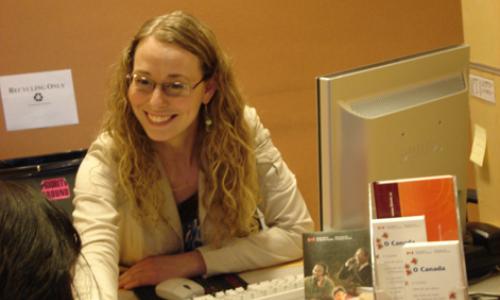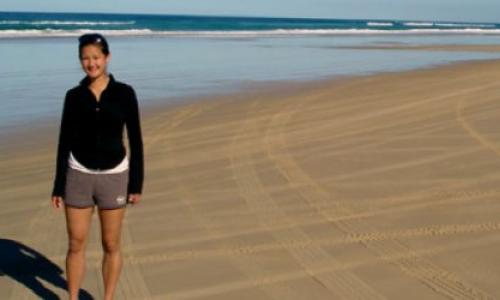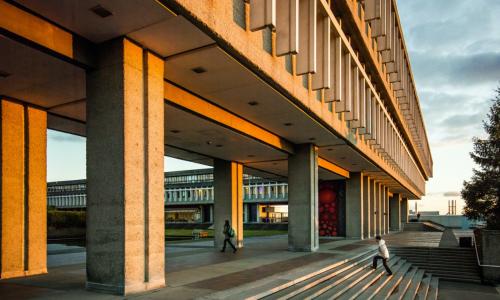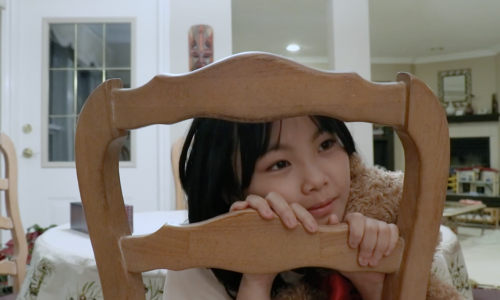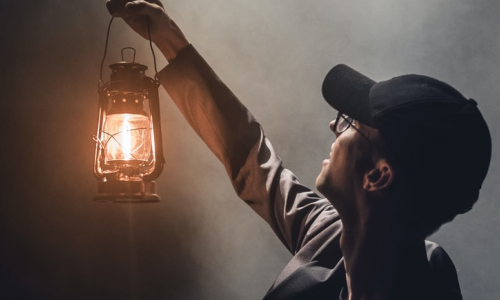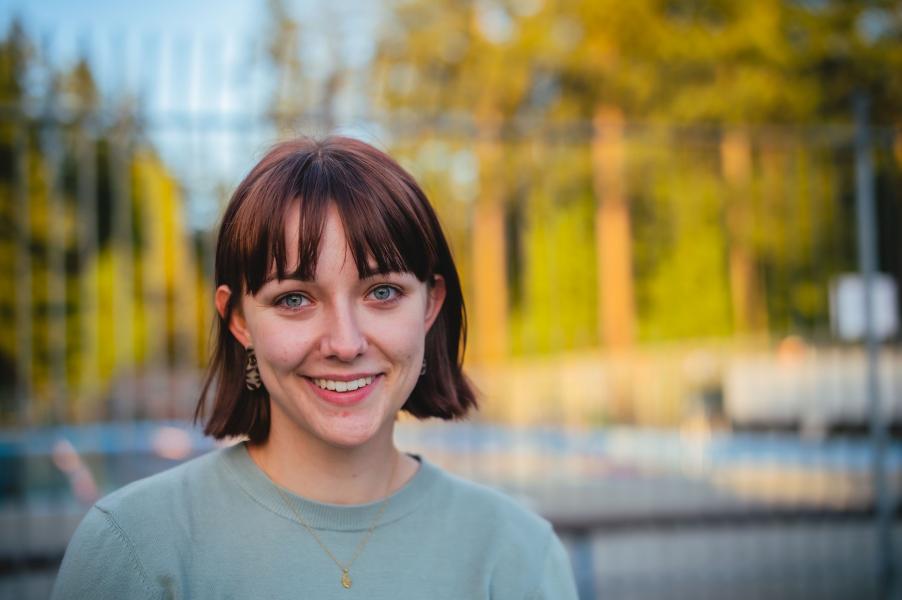
“I feel like there’s always this dichotomy set up between science and the arts,” says Sophia Dobischok. “People tend to think you’re either a science person or an artistic person and that they don’t blend well. My peers in neuroscience often argued, ‘why are you bothering doing this degree in English? You can’t get a job with that.’ I never agreed with that perspective because English has been the most invaluable piece of my education.”
Early on in her studies, Dobischok knew she was passionate about English and enjoyed being creative. However, she only decided to pursue the subject more seriously when she began studying with teaching assistant and SFU PhD student Yiwen Liu.
“Yiwen is a very gifted and welcoming instructor,” says Dobischok. “She was pivotal in those first few classes where you are writing and drafting a great argument and doing more refined analysis than what you were doing in high school. She was a crucial factor in my decision to pursue English as a full degree rather than just as an elective.”
Other classes followed that engaged Dobischok (listed below). They included dynamic discussions of The Handmaid’s Tale, analysis of literature and films eerily prescient of the COVID pandemic, and a multimedia collage she created along with an accompanying paper that won her the department’s 2021 Children’s Literature Prize.
Another key figure in Dobischok’s academic life was professor Jon Smith, who teaches American literature. “He really challenges and expects a lot from you,” she says. “He wants people to show their best thinking. I am grateful for his continued guidance.”
Outside of the classroom, Dobischok was very involved in campus life participating in everything from the Science Undergraduate Society to the Quidditch Team. However, the extracurricular activity she is most proud of is also a creative endeavour: being the president of the SFU Open Mic Club. She would host and perform slam poetry at their events, but she also encouraged others to do dramatic monologues, recitations, music, or anything that allowed them to express themselves.
“I always saw it as an opportunity for people to share their creativity–that was so important to me,” she says. “That is why my heart always rests with English. I love being creative and sharing ideas. It was a privilege for me to be able to explore that through English at SFU in addition to my passion for behavioural neuroscience.”
Dobischok advises current students not to give up on their passion and creativity for the sake of practicality. Instead, she suggests they try to combine their areas of interest so they get everything they want out of their university experience.
In terms of what her own future holds, Dobischok has already started working full-time at St. Paul’s Hospital at the Centre for Health Evaluation & Outcome Sciences as a research assistant for the Program of Outcomes Research on Treatment with Injectables for Addiction (PORTIA) study. She hopes to become a clinical psychologist, but also complete a Master of Fine Arts and perhaps a novel someday.
This story was originally published on the Department of English website on June 7, 2022.
Beyond the Blog
Dobischok’s Favourite Courses
-
ENGL 385: Across Time, Across Space with Torsten Kehler
-
ENGL 387: Studies in Children’s Literature with Nicky Didicher
-
ENGL 486: Topics in Gender, Sexuality, and Literature with Ronda Arab









